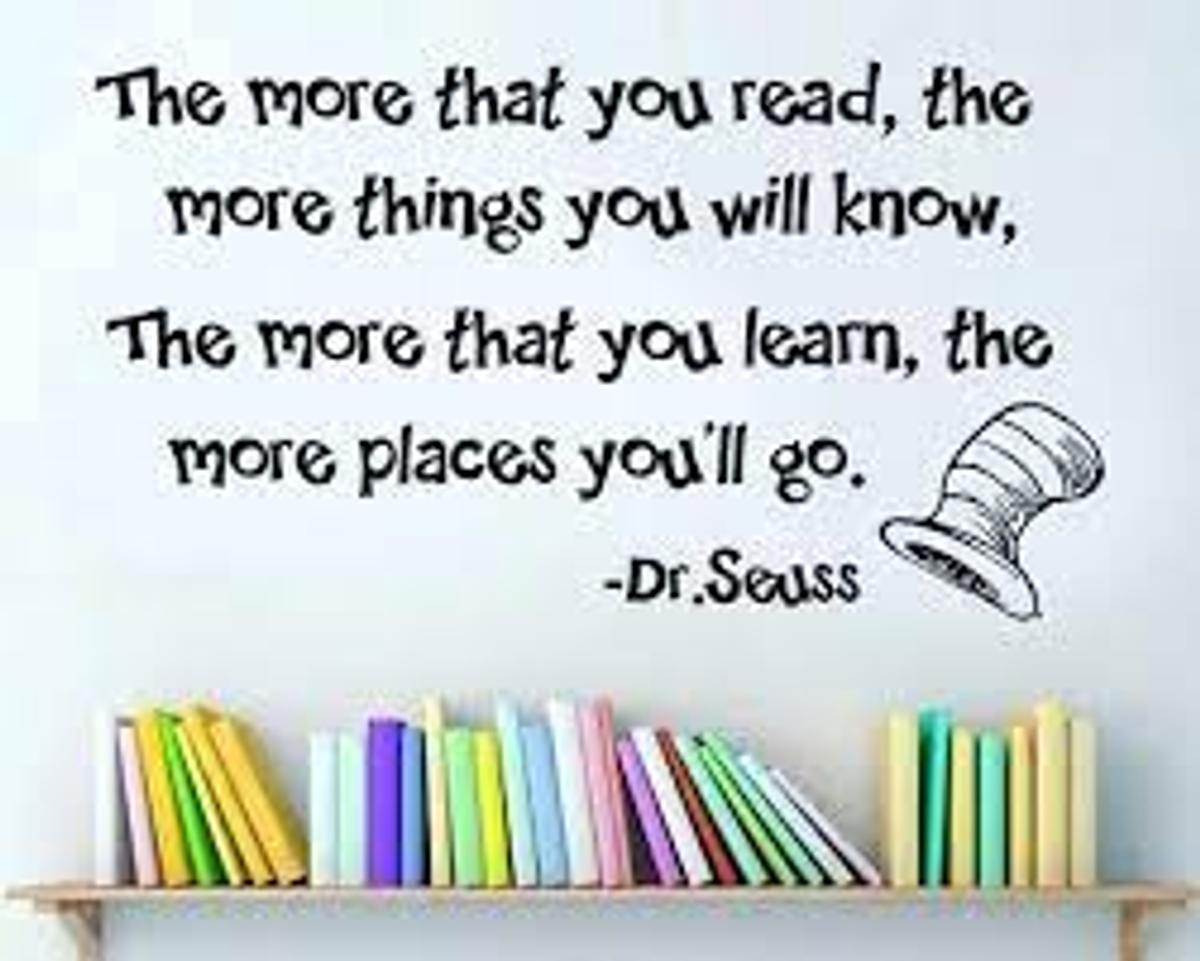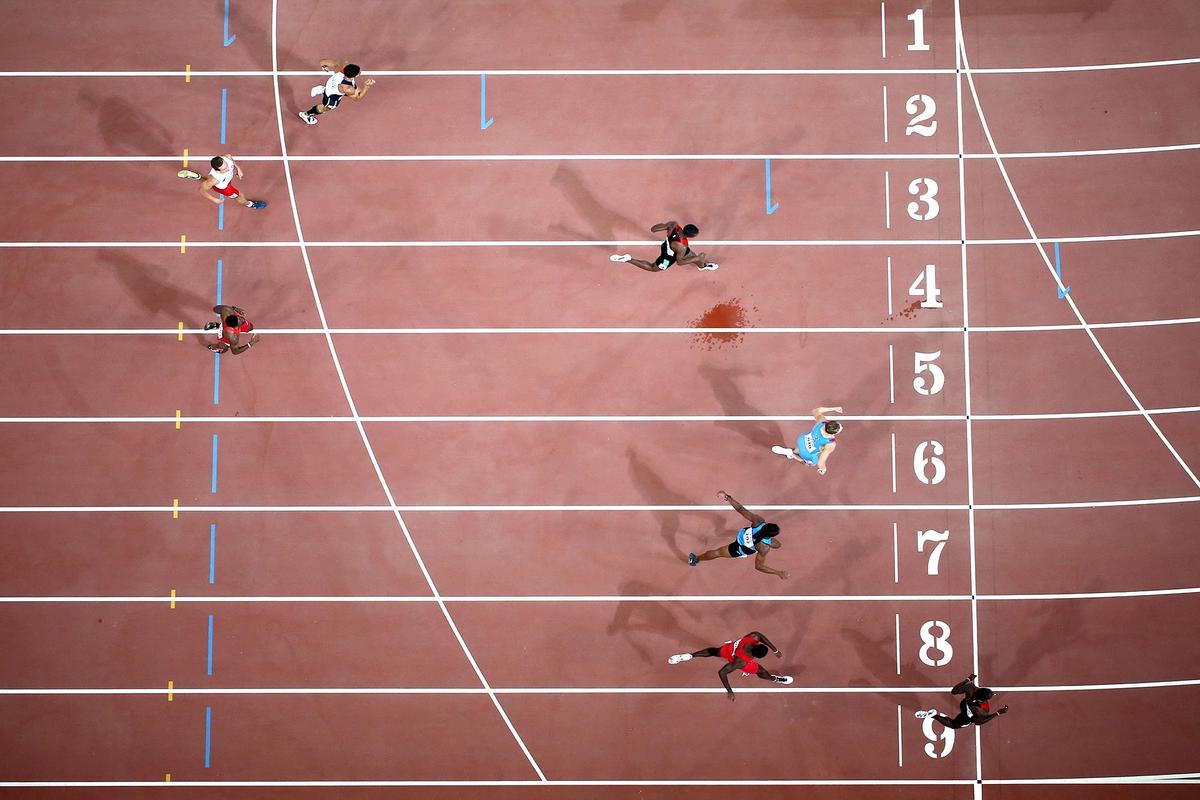Helping your child to read
Even if as an adult you don’t read often, or don’t particularly like reading, it is important that you spend this valuable time with your child to stimulate their language development, and to encourage their love of reading. Reading together is a valuable thing to do. Reading increases your child’s vocabulary, expands your child’s understanding of the world, and gives them confidence when using language. Reading is also an important way to make the link between spoken words and written words. It is recommended that you continue to read together in the later primary years, even if your child is reading independently.
Here are some general tips:
- Encourage your child to select books, magazines, catalogues, or multimedia stories according to their interests.
- Set aside time for reading every day. Reading before bedtime is a good habit to get into.
- Position yourself so your child can see the words and the pictures.
- Run your finger across the page with each word to help your child identify and remember words and sounds.
- Share wordless picture books to develop imagination, ideas and vocabulary by naming and describing things in pictures.
- Look for rhyme, rhythm or repetition in books. This will help develop your child’s love of language.
- When reading to your child, read stories with expression, or try putting on the voices of characters. This will help make reading fun.
- Point out important features about a book – for example, the words and pictures, the front cover, the spine, the contents page, or the title.
- Discuss the meaning of unknown words that children hear and read. Explore words using a dictionary. Have a discussion and ask questions about interesting words you find, for example, 'It says here she "tumbled" down the hill. How do you think she went down the hill?' It says here 'He read a "good" book. What is another word we could use besides good?'
- Encourage your child to take over some or all of the reading if they feel confident.
- If your child is confident with their reading, allow them to read without interruption. Fluency is gained with confidence. Mistakes can be discussed after a block of reading, or in subsequent readings.
- Allow your child to read at their own pace. Model good pace when you read to them.
- Give your child the opportunity to re-read books.
- Read and talk to your child in family languages and encourage others who speak different languages to use these with your child.
- Let your child see you and other family members read for pleasure. It is especially important for boys to see the men they care about reading.
- If your child likes an author, find another book or a series of books by the same author.
- Encourage your child to read about their favourite author or illustrator on their website.
- Introduce your child to reading different genres such as fantasy, science-fiction, action and adventure.
- Introduce your child to reading different types of texts, such as poems, music lyrics, and short plays.
Exploring numeracy with your child
Family participation in learning is one of the most accurate predictors of a child's success in school and beyond. Providing opportunities to discuss and engage in mathematics supports your child’s learning in and out of school. Your child will also begin to connect the importance of maths with their everyday activities, such as navigating public transport, comparing and choosing the best item to buy in stores, setting a budget, and cooking.
Regardless of your own school experiences in maths, be reassured that maths today is not about learning by rote. Today, the focus is on recognising that there are multiple ways to get an answer, and being able to explain how and why you chose the approach you did.
Exploring sports
Sports provide a good opportunity to engage your child in maths, particularly if they are a keen sportsperson. Here are some questions to ask your child when watching or playing their favourite sport:
- How does your favourite sport tally the score? What maths is presented on the tally?
- How do other sports tally the score – for example, tennis, golf, cricket, netball, football?
- What maths do you use to find the total of the scores?
- Who is at the top of the ladder? How is this determined?
- Are there other ways to record the score?
- How long do your favourite sport games go for in minutes and seconds? How is the time in the game divided? Into halves, quarters or something else?
- What are the shapes of different playing fields and courts? Talk about edges and angles.
- How can you estimate the perimeter and area of a playing field?
- How many cars could be parked on the MCG field or at your local sports ground? How could we work this out?
Enjoy spending time reading and experiencing maths in everyday life with your child.




